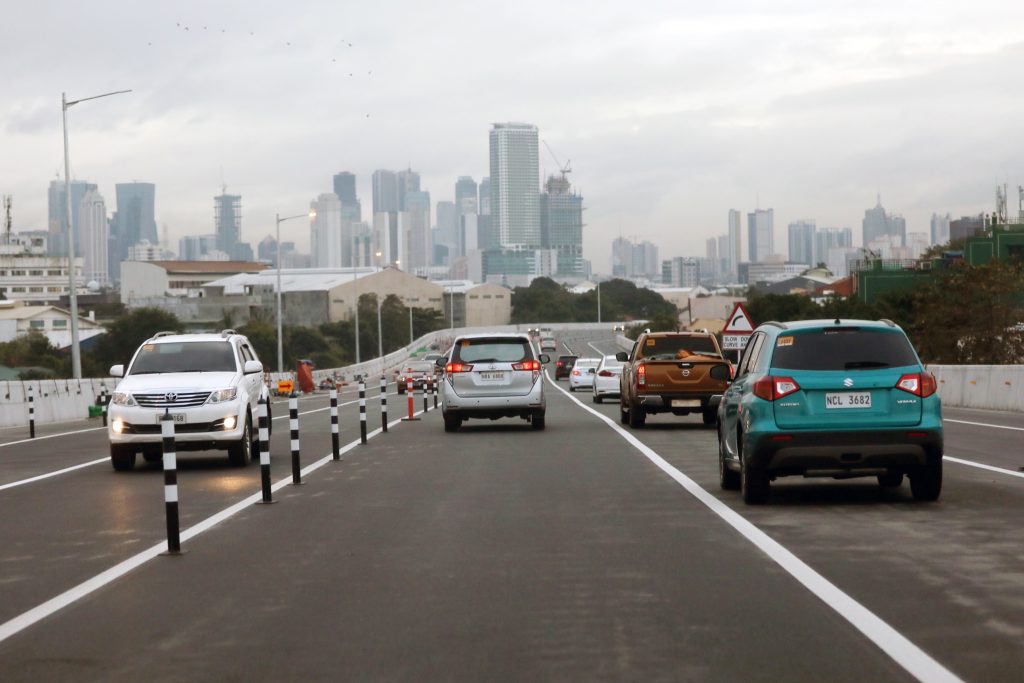Business and Economy
Economic rebound seen this year

MANILA – Prospects for economic recovery are up for the Philippines but uncertainties remain thus, the greater need for policy discipline and readiness for any risks, Bangko Sentral ng Pilipinas (BSP) Governor Benjamin Diokno said Tuesday.
During the virtual forum of the Economic Journalists Association of the Philippines (EJAP), Diokno said multilateral agencies project an expansion of between 4.5-6.9 percent for the domestic economy this year.
The upper-end of this growth forecast is in line with the government’s 6-7 percent projection for this year.
Last year, the economy contracted by 9.5 percent because of the pandemic, with all quarters recording negative prints.
Diokno said the domestic economy has been registering improvements since posting its decades-low 17-percent contraction in the second quarter of 2020.
Growth, as measured by gross domestic product (GDP), contracted by 11.6 percent in the third quarter of last year and by 8.3 percent in the following quarter.
In the first three months this year, GDP stood at -4.2 percent and some economists forecast another improvement in the second quarter of the year despite another enhanced community quarantine (ECQ) at the latter part of March.
Diokno said expectations of better growth prints in the coming quarters are boosted partly by the government’s vaccination program against the coronavirus disease 2019 (Covid-19) and more strategic movement restrictions.
“Given these factors and barring yet unforeseen growth speed bumps, the Philippines has the essential elements to rebound this year,” he said.
Diokno said uncertainties remain both here and abroad thus, “we have to be ready for the possible spillover risks resulting from differentiated and divergent recoveries.”
“We need robust institutions and sustained policy discipline to see us through this Covid fog,” he added.
During the same event, Finance Secretary Carlos Dominguez III said the government faced the pandemic’s challenges head on because of the reform measures that provided, among others, healthy cash resources and solid credit ratings that allowed the government to borrow funds at lower cost.
“Because of the successive tax and structural reforms pursued by the Duterte administration, our fiscal fundamentals remained solid. We did not suffer the kind of fiscal downturn that typically accompanies an economic crisis,” he said.
Dominguez said although the government borrowed funds from both the multilateral lenders and commercial sources to help finance its pandemic-related spending, interest burden did not increase partly because of the well-calibrated monetary policy responses of the BSP.
“When the crisis hit us, much of the spadework was done. We really did not have to go back to the drawing board in order to plan for the country’s economic recovery,” he added.





















